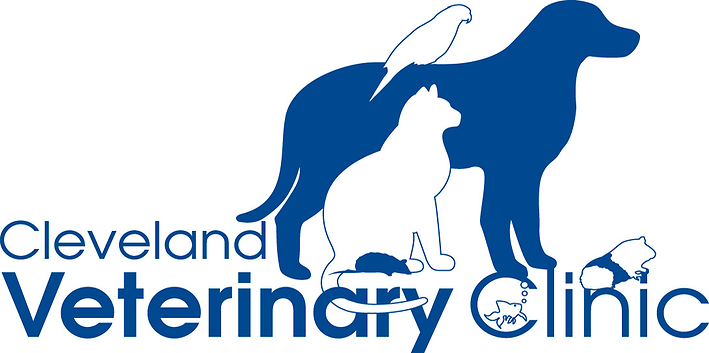Preventative Health Care
At Cleveland Veterinary Clinic, we believe in helping animals enjoy a long and healthy life.
We recommend regular health checks to ensure early detection, treatment and prevention of illness and disease so that your beloved pet can live their life to the fullest for as long as possible.
Our Healthcare Services

Wellness Exams

Senior Health Checks

Vaccinations

Parasite Provention

Preventative care
Annual or biannual health checks play a crucial role in identifying subtle signs of illness or pain, ensuring that your pet enjoys a long and happier life.
During these health checks, our goal is to empower you as a pet owner to meet your pet’s needs and cultivate the best possible relationship with them. By proactively addressing any potential health issues or concerns, we can work together to enhance your pet’s well-being and overall quality of life. Regular check-ups allow us to provide personalised guidance and support, ensuring that your pet receives the care and attention they deserve.
The ageing of your pet is a natural process and is irreversible. As cats and dogs grow older, their bodies undergo significant changes and their need for care and attention increases. Many diseases associated with advanced age can be prevented or successfully treated.
Some common health problems found in senior pets include:
- Obesity
- Arthritis
- Gum / Tooth disease
- Tumours
- Impaired Senses
- Kidney disease
- Heart disease
- Liver disease
- Behavioural changes
Although some age related diseases in your pet cannot be treated, the onset of many can be delayed or managed successfully if they are detected early.
At Central New Farm Veterinary Surgery, we’re committed to helping your senior pet enjoy their golden years. Contact us today to schedule a senior pet health check and provide your beloved companion with the care they deserve.
One key aspect of pet wellness is protecting them from parasites that can threaten their well-being. We offer a comprehensive approach to parasite protection, addressing common threats such as fleas, ticks, intestinal worms, and heartworms.
Different Types of Pet Parasites:
1. Fleas: Fleas are not only irritating for your pet but can also lead to discomfort and skin issues. They reproduce rapidly and infest your home, making prevention essential.
2. Ticks: Ticks can transmit various diseases, and some are particularly dangerous. Regular tick prevention is vital to safeguard your pet’s health.
3. Intestinal Worms: Worms like roundworms, hookworms, and tapeworms can affect your pet’s digestive system and overall health. They may also pose a risk to human family members.
4. Heartworm: Heartworm is a potentially life-threatening parasite that can affect dogs and, in some cases, cats. Prevention is the key to avoiding this dangerous condition.
Regular parasite prevention gives you peace of mind, knowing that you’re doing everything you can to protect your beloved companion, allowing them to enjoy more quality time with you. Contact us today to discuss the best approach for your furry friend’s parasite protection and overall well-being.

Vaccination Program
Our goal is to help your animal live the longest, best life possible. We will develop a personalised vaccination protocol according to your animal’s needs and risk factors.
The first few weeks of your puppy’s or kitten’s life are critical in terms of disease prevention and adapting to your household. Spending time with our nursing staff and vets now will pay off as your pet moves through to the next life-stage.
C3 or F3 vaccine at 6~8 weeks of age
C5 or F3 vaccine at 12 weeks of age
C5 or F3 vaccine at 16 weeks of age
For dogs, we recommend vaccinating against the following diseases:
- Parvovirus
- Distemper
- Hepatitis
- Bordetella Bronchiseptica: kennel cough
- Parainfluenza: kennel cough
For cats we recommend vaccinating against the following diseases:
- Feline Panleukopaenia
- Feline Calici virus
- Feline Herpes virus
In some instances, we may recommend additional vaccination protocols for your cat:
- Feline Immunodeficiency virus (FIV)
- Feline leukaemia virus (FeLV)
